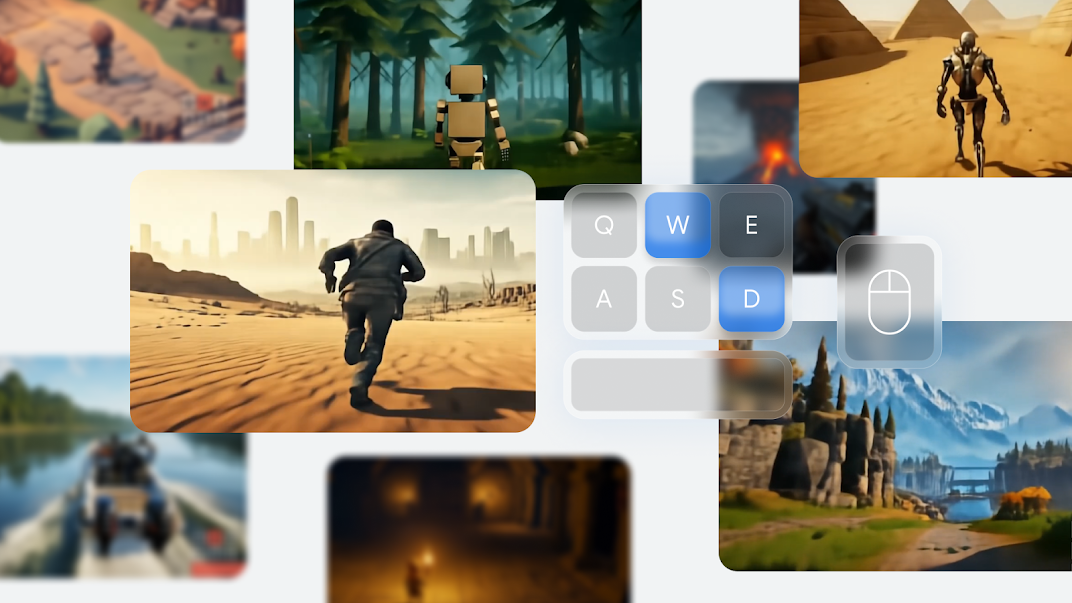Bye-bye Windows gaming? SteamOS officially expands past the Steam Deck.
Almost exactly a year ago, we were publicly yearning for the day when more portable gaming PC makers could ditch Windows in favor of SteamOS (without having to resort to touchy unofficial workarounds). Now, that day has finally come, with Lenovo announcing the upcoming Legion Go S as the first non-Valve handheld to come with an officially licensed copy of SteamOS preinstalled. And Valve promises that it will soon ship a beta version of SteamOS for users to "download and test themselves."
As Lenovo's slightly downsized followup to 2023's massive Legion Go, the Legion Go S won't feature the detachable controllers of its predecessor. But the new PC gaming handheld will come in two distinct versions, one with the now-standard Windows 11 installation and another edition that's the first to sport the (recently leaked) "Powered by SteamOS" branding.
The lack of a Windows license seems to contribute to a lower starting cost for the "Powered by SteamOS" edition of the Legion Go S, which will start at $500 when it's made available in May. Lenovo says the Windows edition of the device—available starting this month—will start at $730, with "additional configurations" available in May starting as low as $600.


© Lenovo





























